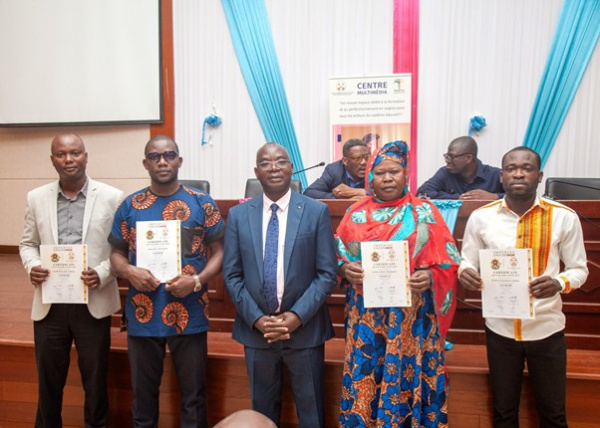In Togo, English language instruction is set to expand significantly. Starting in the 2025-2026 academic year, the program will include CM1 and CM2 classes. Additionally, it will roll out to all preschools and primary schools across the country. This initiative marks a substantial step toward enhancing language education in Togo.
As a precursor to this expansion, the Ministry of Primary and Secondary Education has launched a series of activities since July 2025. These activities include training educational inspectors and advisors in all regional education directorates. This training aims to ensure that teachers are well-prepared to deliver quality English instruction. By equipping educators with the necessary skills, the ministry is laying a strong foundation for the program’s success.
This expansion follows a successful pilot phase initiated in 2023. During this phase, English was introduced in CP1, CP2, CE1, and CE2 classes. The positive feedback from this pilot informed the decision to broaden the program. The ministry recognizes that early exposure to English can significantly benefit students as they advance in their education.
The decision to extend English language instruction responds to a political desire to prepare younger generations for a globalized environment. Mastery of foreign languages, particularly English, is increasingly seen as a valuable asset. In today’s interconnected world, proficiency in English opens doors to various opportunities. It enhances students’ ability to engage with global resources, cultures, and markets.
This initiative also aligns with Togo’s broader educational goals. By prioritizing language education, the government aims to improve the overall quality of education in the country. Effective language instruction can lead to better academic performance across subjects. Furthermore, it can foster critical thinking and communication skills essential for personal and professional success.
Parents and communities are likely to welcome this initiative. They understand the importance of language skills in today’s job market. By supporting English language instruction, families can help their children gain a competitive edge. This partnership between schools and communities is vital for creating a supportive learning environment.
The ministry plans to monitor the implementation closely. Continuous evaluation will help identify challenges and areas for improvement. By gathering feedback from teachers and students, the ministry can adjust the program as needed. This adaptive approach will contribute to the long-term success of English language instruction in Togo.
Moreover, the initiative may foster cultural exchange and understanding. As students learn English, they will also engage with diverse cultures and perspectives. This exposure can enrich their educational experience and promote tolerance and respect. In an increasingly multicultural world, such skills are invaluable.
In conclusion, the expansion of English language instruction in Togo represents a significant educational advancement. By including CM1 and CM2 classes and rolling out to all preschools and primary schools, the government aims to prepare students for a globalized future. The training of educational inspectors and advisors ensures that teachers are ready to meet this challenge. As Togo embraces this initiative, it opens doors for its younger generations, equipping them with essential skills for success in a connected world. This proactive approach is a promising step toward enhancing the educational landscape in Togo.





